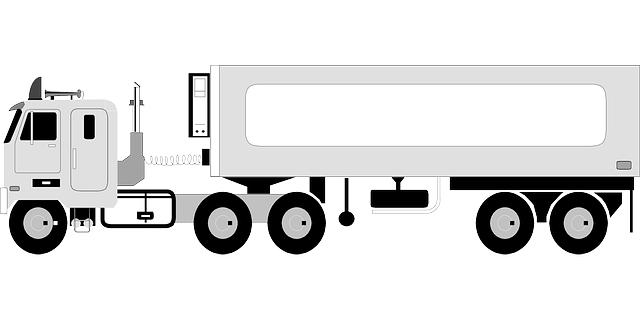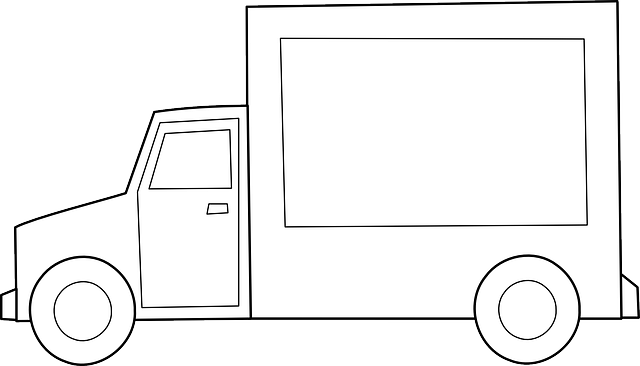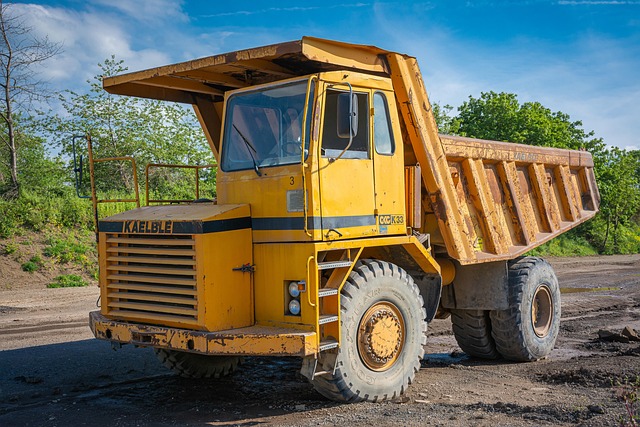Starting a trucking business requires navigating complex regulatory landscape and securing adequate insurance from day one. Key areas include affordable liability, comprehensive cargo, and physical damage insurance to protect against potential losses. Consulting industry experts ensures compliance with varying regional regulations, while staying informed about industry trends fosters success and mitigates legal risks in the competitive trucking sector.
“Preparing for audits and ensuring compliance from day one is paramount for the success of any new trucking business. This comprehensive guide navigates the complex landscape of regulatory requirements, offering insights into key industry changes that can impact your fleet. From securing essential insurance coverages like liability, cargo, and physical damage to implementing robust safety protocols and documentation, we explore strategies to meet compliance standards. Additionally, learn how to effectively prepare for audits and inspections, minimizing potential penalties while showcasing adherence to industry best practices.”
Understanding Regulatory Requirements for Trucking Businesses

For new trucking businesses, navigating regulatory requirements can seem like a daunting task. However, understanding and complying with key regulations from day one is essential to avoid costly penalties and ensure smooth operations. Key areas to focus on include obtaining the right trucking insurance, such as affordable liability coverage for startups and comprehensive cargo coverage for new fleets. Physical damage insurance is also crucial to protect against unexpected events like accidents or weather damage that could impact your vehicles.
By securing adequate startup trucking coverage, including new fleet insurance options tailored to your business needs, you can mitigate risks and demonstrate compliance during audits. Remember, regulatory requirements vary by region, so stay informed about local laws and consider consulting with industry experts or attorneys specializing in trucking regulations to ensure you’re fully prepared for any audit or compliance check.
– Overview of key regulations and compliance standards

Starting a new trucking business comes with a host of legal and regulatory considerations. New businesses in this sector must navigate a web of compliance standards to ensure they’re operating within the law. Key regulations, such as those set by the Department of Transportation (DOT), focus on safety, driver hours of service, and vehicle maintenance. For startups, understanding these rules is crucial for avoiding hefty fines and legal issues down the line.
When it comes to insurance, new fleets and their operators require comprehensive coverage. This typically includes liability insurance to protect against potential damages caused to others or their property, as well as physical damage insurance to cover losses to the vehicles themselves. For small businesses entering the trucking industry, affordable options are available, ensuring startups can meet their compliance obligations without breaking the bank. Cargo coverage is another essential aspect, safeguarding valuable freight during transport.
– Importance of staying up-to-date with industry changes

In today’s dynamic business landscape, staying abreast of industry changes is paramount for new trucking operations. As a startup in the trucking sector, keeping up with evolving regulations, market trends, and best practices ensures compliance from day one. This proactive approach not only mitigates legal risks but also helps secure affordable trucking insurance, a crucial aspect for emerging businesses aiming to navigate the competitive transportation industry.
For instance, new fleets entering the market must promptly understand liability insurance requirements, cargo coverage needs, and physical damage protection options. By doing so, they can tailor their insurance packages to meet specific operational demands, avoiding costly mistakes and potential audits in the future. Such preparation fosters a strong foundation for sustainable growth and seamless operations.
Securing the Right Insurance Coverage from Day One

When starting a new trucking business, securing the right insurance coverage is paramount to mitigate risks and ensure compliance from day one. New businesses in the trucking industry must navigate a complex web of regulations, making it crucial to have comprehensive protection in place from the outset. A startup’s insurance needs extend beyond basic liability; it should include cargo coverage to safeguard against losses during transportation. Physical damage insurance is equally vital for new fleets to protect their vehicles from accidents or natural disasters.
Affordable trucking insurance tailored to small businesses can be found by evaluating various policies. Business owners should consider their specific operations and risk factors when selecting a plan. Many insurers offer specialized packages for new ventures, ensuring startups receive the best rates on essential coverage like liability insurance for startups and comprehensive cargo protection. This proactive approach allows new fleet owners to focus on growth while maintaining peace of mind.
When launching a trucking business, prioritizing compliance and securing the right insurance is paramount. By understanding regulatory requirements and obtaining comprehensive coverage, including liability insurance, cargo coverage, and physical damage insurance, new fleet owners can navigate audits with confidence. Staying informed about industry changes ensures your business meets all necessary standards, making it a success story from day one. Remember, affordable trucking insurance tailored to startups is accessible, enabling you to focus on growing your fleet without worrying about the risks.
